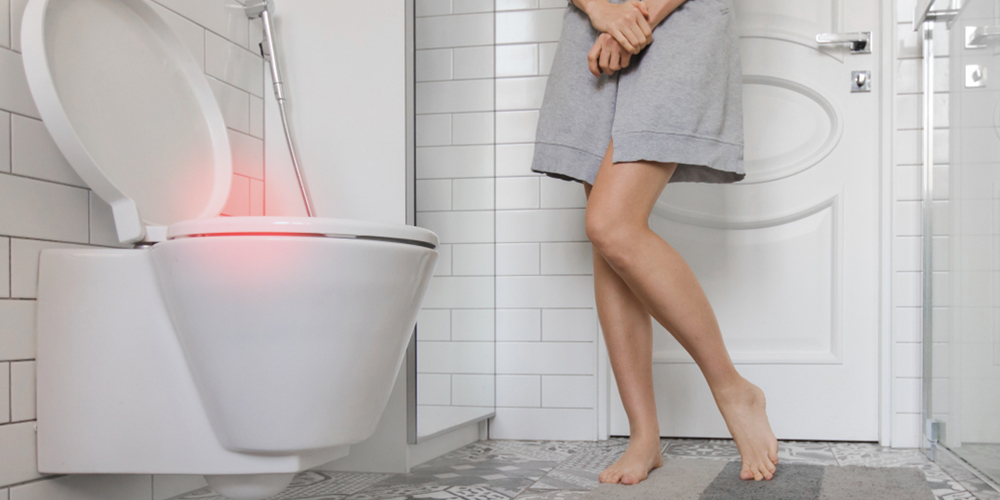URINE INFECTION AND WATER INTAKE: FACTS AND MYTHS

URINE INFECTION AND WATER INTAKE: FACTS AND MYTHS
For years there has been a commonly held belief that increasing water intake helps in preventing and treating urine infection.
What are the facts and myths behind this commonly held belief?
FACTS
According to a study published in JAMA Internal medicine, Drinking an extra six glasses of water(adding upto 1.5 litres a day may reduce some women's risk of UTI
MYTHS
More water intake might be preventive but what should be done when a person is already having one active episode of UTI? Commonly held belief is “take more water”, even commonly advised as a blanket statement by physicians as well! However follow this advice with caution! Dehydration should be avoided but what can be the hazards of forcing excess fluids during active infection?
- It will increase the frequency of urine in a person already miserable with increased visits to washroom, even leading to incontinence(inability to hold urine).
- Antibotics are essential for treating infection. Concentration of the commonly used antibiotics for treating UTI like quinolones(Ciprofloxacin, Norfloxacin,Levofloxacin) will reduce in the urine, thereby reducing their efficacy, if excess fluids are taken leading to forced dieresis.
- Many elderly and chronically ill patients are at a risk of low sodium levels in blood (Hyponatremia). Low sodium levels in blood are harmful and can lead to drowsiness and even convulsions. So caution should be taken and overzealous hydration avoided.
- Fluid intake is often restricted in patients with poor kidney function and poor heart function with risks of fluid overload. Blanket statements advising excess fluid intake during a UTI should be avoided in such patients.
